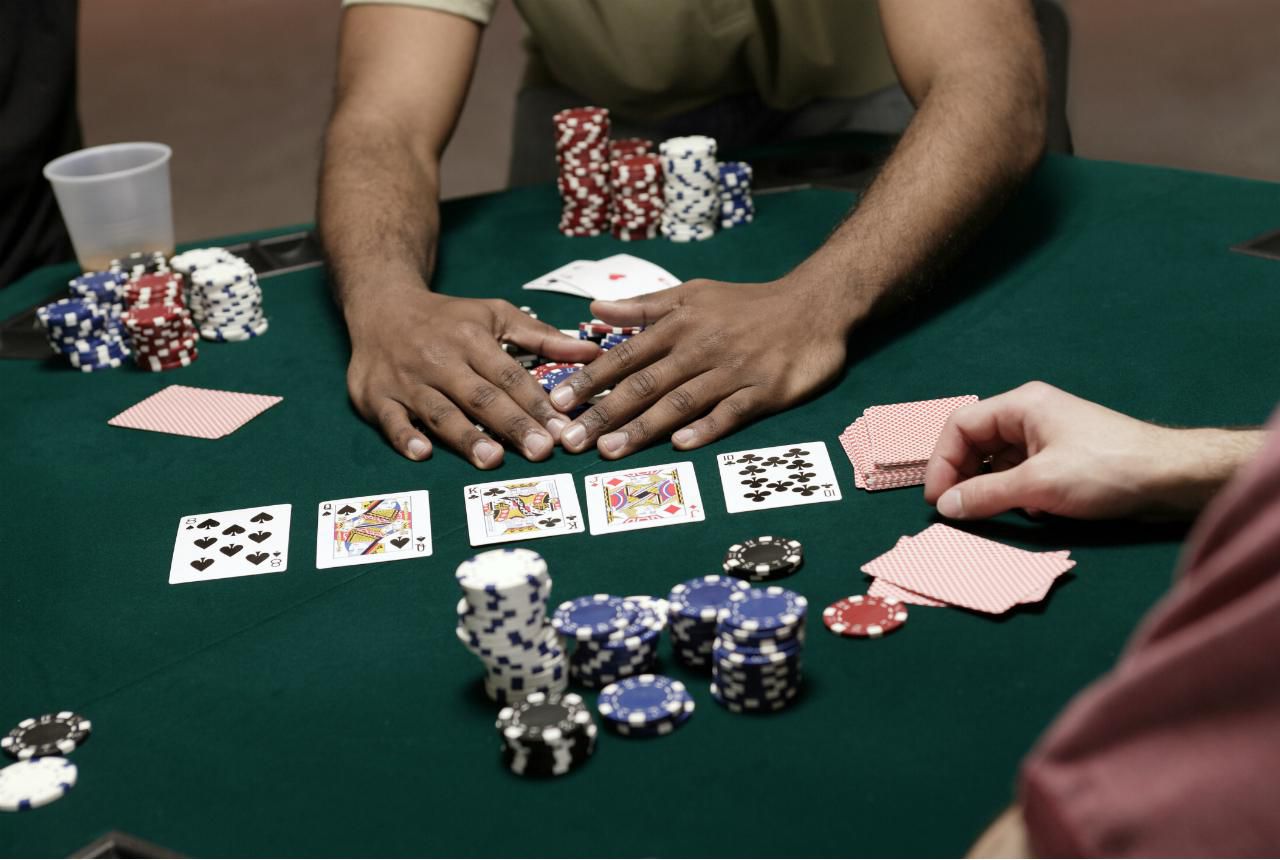Blackjack, formerly called Black Jack and Vingt-Un, is the first American version of a card game called Twenty-One, whose derivation is from the Italian word \”Gambling.\” The term Vingt-Un first appeared in print around 1490, according to citations in the New York Times and other periodicals. In recent years, it has come to be used to describe any variation of blackjack that uses one card dealt in the same manner as in traditional blackjack, with the exception of playing with more than one deck. Most of the variations in play today employ this basic formula, but some have been developed for special considerations, such as betting limited hands and using the jokers or additional cards.
The betting mechanisms in blackjack are different from those in poker. One difference is that, in poker, a player may call a card or raise (buyer) at any time; in blackjack, players may do both at any time. The player may also be in the middle, betting first, and then continuing with either a straight bet a flush, four of a kind, or a full house after the third round. A player may switch strategies midgame by betting low for the first half of the game and then high for the second half, or vice versa. Theoretically, this could lead to a player becoming dependent on luck, but in practice it seldom happens. Instead, players develop strategies for when to bet and when not to, and generally stick to them until they find themselves out of the hole.
The second rule in blackjack is to bet first, second and third, rather than first, second and third. It is possible to lose money by betting first, but that tendency is much less common than it was in earlier versions of the game. Blackjack dealers generally have the tendency to charge a higher interest rate when the house has a better hand than they do. For this reason, many players choose to play at a casino where the dealer is known to be fair. They are more likely to stay in the game and, hopefully, make a profit if they win.
The third rule to remember for blackjack is that, if you have an Ace and King or a Queen and a King or an Ace in your hand, you have a good chance of betting and winning. This, of course, is rule variation, as there are many different possibilities in which a player could have their Ace and King or their Ace and ten or more other cards, making the odds of any single hand fairly low. The reason for this is that, in many games, the house has an ace and king that are valued at a lower total than the rest of the deck. If the dealer only has fourteen cards, there is an equal chance that the player will have at least one other card, and possibly none, making the odds of the single-suit deck even worse. The same goes for a ten-card hand.
The fourth rule to keep in mind when playing blackjack is that you have to know when to fold, rather than raise, your money. No matter how good a player you might be, there will always be times when you are bluffing or when someone is holding a better hand than you do. When you are bluffing, you are simply trying to confuse the other players into thinking you have more cards than you actually do, by throwing more cards at them than they have. Raising your money also causes people to think you have more, making it harder for you to fold if you have an Ace or King or another high card than they have. You should fold your money when you have an Ace or King or ten cards or more, but wait until you have raised all your funds before you actually spend it on the hand. After all, if you have bought a single suit from the dealer, then you will only need to have three cards left and no more, so your chances of having a straight draw increase.
Finally, you should watch for when the other players seem to realize you have a real hand, as this will mean they might want to fold too. If you see them reach toward their cards without waiting for their turn, this is your cue to call, because you have a real hand and you have committed yourself to the bet. This is a rare occurrence but can happen if a player with a bad hand decides to reach toward his cards without taking his time with the counts.

